Are you interested in studying in Germany? Get detailed information on how to apply to German universities for the summer and winter intakes of 2022.
Table of Contents
- Intakes in Germany Overview
- Types of Intakes in Germany
- Why are there Two Intakes in Germany?
- Step-by-Step Timeline for the Summer Intake 2022 in Germany
- Popular German Universities for April Intake 2022
- Step-by-Step Timeline for the Winter Intake 2022 in Germany
- Popular German Universities for September Intake 2022
- Applications Deadlines of Top German Universities
- How to Select the Right Intake in Germany?
The universities offer two intakes in Germany: the winter intake and the summer intake. Most international students enroll in German universities during the Winter intake, but many others apply during the Summer intake because of the smaller class sizes.
There were around 280,000 international students studying in Germany in 2019, of which 17,294 were Indian. There is a wide range of study options available in Germany, which makes it one of the most coveted study destinations not just in Europe but worldwide. Germany has 45 universities listed in the QS World University Ranking 2022, of which 25 are ranked in the top 250.
Intakes in Germany Overview
Let's first have a look at the major differences between September and April intakes in Germany. The table below summarizes these differences:
| Points of Differences | September Intake | April Intake |
|---|---|---|
| Known as | Winter Intake | Summer Intake |
| Starting Month | September or October | April |
| Ending Month | February or March | July or August |
| Tentative Deadline | Mid-July | Mid-January |
| Programs Available | All primary programs are available | Very few programs are available |
Types of Intakes in Germany
To pursue higher education in Germany at leading public or private universities, you will need to select the appropriate intake. German institutions offer two main intakes: winter intake (September/October intake) and summer intake (also known as April intake).
Winter Intake
Among the two intakes, the winter intake in Germany is considered to be the most important one. During this intake, which typically begins in September/October and finishes in February or March, almost all prestigious institutions in the country accept a large number of undergraduate and postgraduate applicants. Applications for this intake are due around mid-July.
Summer Intake
In Germany, the summer intake takes place from March to April, with the entire application period running between early December and mid-January. Compared to the winter intake, the summer Intake has fewer courses on offer. Since fewer students apply during this intake, the competition is lower, so your chances of being accepted increase. Universities that offer this intake normally have an application deadline in mid-January.
Why are there Two Intakes in Germany?
In spite of the time and deadline differences between the two intakes in Germany, there is no difference when it comes to coursework, research facilities, industrial training, etc. German universities offer two intakes due to the following reasons:
- A large number of students apply for varied courses in Germany each year, thanks to the option of free education. The universities, however, are not able to accommodate all students at the same time due to limited seats. For this reason, admission is offered twice.
- Often, students are not able to apply to German universities during the winter intake. Therefore, entries are permitted twice a year.
Step-by-Step Timeline for the Summer Intake 2022 in Germany
In case you decide that the summer intake is right for you, here is a quick overview of the steps you will need to follow to as you proceed with the application process:
- Research and Shortlist Universities and Courses- June 2021
- Find Out the Eligibility Requirements and Take the Required Exam(s)- July to August 2021
- Plan your Finances- September to November 2021
- Start Applying to Shortlisted Universities- October 2021 to December 2022
- Acceptance Letters and Interviews- December 2021 to January 2022
- Apply for a Student Visa- January 2021 to February 2022
- Check out the Accommodation Options and Enroll- February 2022
- It’s Departure Time- March to April 2022
Research and Shortlist Universities and Courses- June 2021
The first step is to look for colleges in Germany that offer summer intake. Make sure you conduct thorough research before selecting a German university. Shortlist universities and courses according to your field of study and career goals.
Based on information from the German Academic Exchange Service (DAAD), the country offered 2,031 international programs in 2021-2022, of which 1506 were offered in English. Make sure to check out the tuition costs and application deadlines for each course. Each university has a different application deadline, which can be found on their respective websites.
Find Out the Eligibility Requirements and Take the Required Exam(s)- July to August 2021
Every university in Germany is autonomous, which means each German university has its own set of admission requirements. Basic eligibility requirements, however, include the following:
- Students from the IB or Cambridge Board can directly apply for undergraduate courses. Candidates from the state or CBSE need to pass the Feststellungsprüfung, an assessment that tests their proficiency in subjects relevant to their degree program.
- Students who have completed the IIT JEE Advanced or a one-year Bachelor's degree in India can apply for a bachelor’s degree program in Germany.
- Master's programs require a four-year Bachelor's degree. You will also need to submit scores from tests like GMAT/GRE/IELTS/TOEFL.
Plan your Finances- September to November 2021
International students would be required to submit proof of being able to manage approximately EUR 9,000 per year to study in Germany. Depending on where you live, the cost of living in Germany may vary. However, foreign students in Germany spend an average of almost 860 euros every month on living expenses, including accommodation, food, study material, health insurance, etc.
Since higher education in Germany is subsidized, you will either have to pay very nominal tuition fees or none at all. You can also consider applying for an education loan or scholarships. Check out the scholarships for Indian students in Germany.
Start Applying to Shortlisted Universities- October 2021 to December 2022
You should begin working on your application when you decide which college or university to attend in Germany. Universities might ask you to submit an SOP or an application essay or to provide letters of recommendation. Start your documentation at least a month before the application deadline.
You must draft your SOP in a way that makes you stand out from the crowd. Also, request letters of recommendation from your professors and references. Once all of your documentation is in place, visit the university's website and apply for the summer intake.
You should make sure that all the details are filled in accurately before submitting the application form. Typically, applications must be submitted by January 15 for the Summer Intake. However, the deadlines may differ according to the course or university.
Acceptance Letters and Interviews- December 2021 to January 2022
You will be notified of the status of your application by the university. In the event you are selected, confirmation of admission to the university will be required. If you decide to apply, please revert to the university right away, rather than waiting for the application deadline. You may be required to pay confirmation fees in some cases. The fee must also be paid before the deadline.
Apply for a Student Visa- January 2021 to February 2022
Once the acceptance letter is received, the next step is to apply for a student visa. The student visa application process is time-consuming, so begin the process as soon as possible. Most Germany student visas are processed within 20-25 days.
Documents required for a German visa include a valid passport, proof of monetary funds, proof of accommodation, two photos, etc. There are two types of German student visas available to Indian students:
- Student Applicant Visa (Visum Zur Studienbewerbung) – for students who are interested in studying in Germany but have not yet been accepted into a German institution.
- Student Visa (Visum Zu Studienzwecken) – for students who have received their university confirmation letters.
Check out the Accommodation Options and Enroll- February 2022
When moving to a different country, this is one of the most crucial things to know. Plan your living arrangement before arriving in Germany. Heidelberg and Freiburg are two of the most student-friendly cities in Germany but maybe slightly more expensive than others. Explore some of the options for student accommodation in Germany.
In German universities, re-registration may be required before every semester, which will incur additional costs. Furthermore, you must enroll at the university with documents such as a passport, registration form, proof of entrance exam scores, admission notice, etc. When you enroll, you will be given a registration certificate. This may also be referred to as a provisional student ID.
It’s Departure Time- March to April 2022
You are now ready to book your flight tickets and plan your departure. Also, this is the time to research student life in Germany, potential employment opportunities while studying/after graduating, and anything else you might want to consider.
Prepare your passport and book your tickets. It is recommended that students arrive in Germany about a month before the semester begins. Before flying, please ensure you have all of the required documents.
Popular German Universities for April Intake 2022
There are several universities in Germany that accept students during the summer intake. Listed below are some of the top German universities that offer admissions in the April intake:
- Humboldt University of Berlin
- University of Hamburg
- Technical University of Berlin
- Munich Business School
- Berlin School of Business and Innovation
- Arden University
- University of Law, GISMA
- Hamburg University of Technology
- Braunschweig University of Technology
- Macromedia University
- Chappe University
- Schiller University
Step-by-Step Timeline for the Winter Intake 2022 in Germany
As mentioned above, September intake is the primary intake in Germany, and most of the applications are received by German universities during this time. The timeline for the winter intake in Germany is given as follows:
- Shortlist Universities and Courses- April 2022
- Take Standardized Tests- April to June 2022
- It’s Application Time- May to June 2022
- Acceptance Letters and Interviews- July to August 2022
- Apply for Germany Student Visa- August to September 2022
- Final Steps- September 2022
Shortlist Universities and Courses- April 2022
Find courses and programs offered in Germany, and then look for a German university offering winter intake. Shortlist universities that match your career goals and educational needs. You must check each university's tuition costs and application deadlines by visiting their official website. Before applying to universities, you should thoroughly research all aspects.
Take Standardized Tests- April to June 2022
Students must check out the admission requirements of each German university that they wish to apply for. These universities require students to qualify for standardized exams (GMAT, GRE) and language proficiency tests (IELTS, TOEFL, TestDaF, TELC). When taking these tests, you need to plan well as the results take time to be released. There's a chance you'll have to retake these exams if you don't meet the minimum score requirement.
It’s Application Time- May to June 2022
The application process begins once you have decided which university you wish to attend for the winter Intake in Germany. Prepare additional documents like SOP and letters of recommendation in advance. Draft them in a way that puts you in a good light and makes you stand out as a prospective student.
The application process should begin a month before the deadline. Once you have everything in place, you can apply online at the university website. Ensure that all details are filled out correctly and that the application is submitted before the deadline.
Acceptance Letters and Interviews- July to August 2022
The university will notify you regarding the status of your application. As soon as you make a decision, you must send your confirmation to the university. German universities sometimes conduct in-person or video interviews if required. Upon reverting to the university, you may be required to pay a confirmation fee. The payment of fees also has a set deadline, so make sure you pay them before the deadline.
Apply for Germany Student Visa- August to September 2022
After the university has accepted you, you will receive an acceptance letter. After receiving the confirmation letter, you need to start the German Visa Application process. It is advisable to begin this process at least three months before starting the course.
At this time, you must also plan your finances. You need to provide proof of monetary funds to obtain a visa. Look for student loans or scholarships to study in Germany. Make sure to check the deadlines of each scholarship before applying.
Final Steps- September 2022
Your dream of pursuing higher education in Germany is just one step away. Germany's winter intake begins in September or October. Ideally, you should arrive in Germany at least one month prior to that date. Check out your accommodation options as well.
Prior to your flight, gather all of the necessary documents in one place. Get an international debit or credit card, and create a pre-departure checklist to make sure everything is in order.
Popular German Universities for September Intake 2022
A majority of German institutions accept international students in the winter intake. Some of the universities in Germany that offer September intake are listed below:
- Technical University of Munich
- Ludwig Maximilian University of Munich
- Heidelberg University
- Free University of Berlin
- Karlsruhe Institute of Technology
- Technical University Dresden
- University of Freiburg
- University of Gottingen
- Technical University of Darmstadt
- University of Cologne
- Humboldt University of Berlin
- University of Hamburg
- RWTH Aachen University
- Technical University of Berlin
Applications Deadlines of Top German Universities
Universities set their own deadlines at their discretion, so they vary from institution to institution. For the session 2022-23, the following are the intake sessions and application closing dates for German universities:
| University | Winter Intake | Summer Intake |
|---|---|---|
| Technical University of Munich | Varies with the course (November - December) | Varies with the course (July - August) |
| Ludwig Maximilian University of Munich | UG- July 15, PG- August 20 | January 15 |
| Heidelberg University | UG- July 15, PG- June 15 | UG- January 15, PG- November 15 |
| Technical University of Berlin | UG- July 1 to August 20, PG- July 31 | UG- December 1 to January 15, PG- January 15 |
| RWTH Aachen University | UG- October 15, PG- March 1 | UG- April 15, PG- September 1 |
| Free University of Berlin | UG- August 20/ September 7, PG- June 30/ August 15 | January 15 |
| University of Tuebingen | July 15 | January 15 |
It should be noted that the dates of intake in Germany mentioned above are indicative and may change without prior notice.
How to Select the Right Intake in Germany?
Following are some of the factors that you must consider while choosing the right intake to apply to German universities:
- The student should find out what intake sessions are available for the program he or she wants to enroll in.
- Review the acceptance rates for different intake sessions.
- Before filling out the application form, students should make sure they are prepared according to the application deadline.
- You must prepare your documents well in advance and accordingly select the intake session. These documents include academic transcripts, proof of test scores, SOP for Germany, LORs, etc.
- Ensure you have drafted the SOP and contacted the authorities for reference letters before you submit your application
- Make sure to check the availability of flights, accommodations, and any changes in immigration regulations.










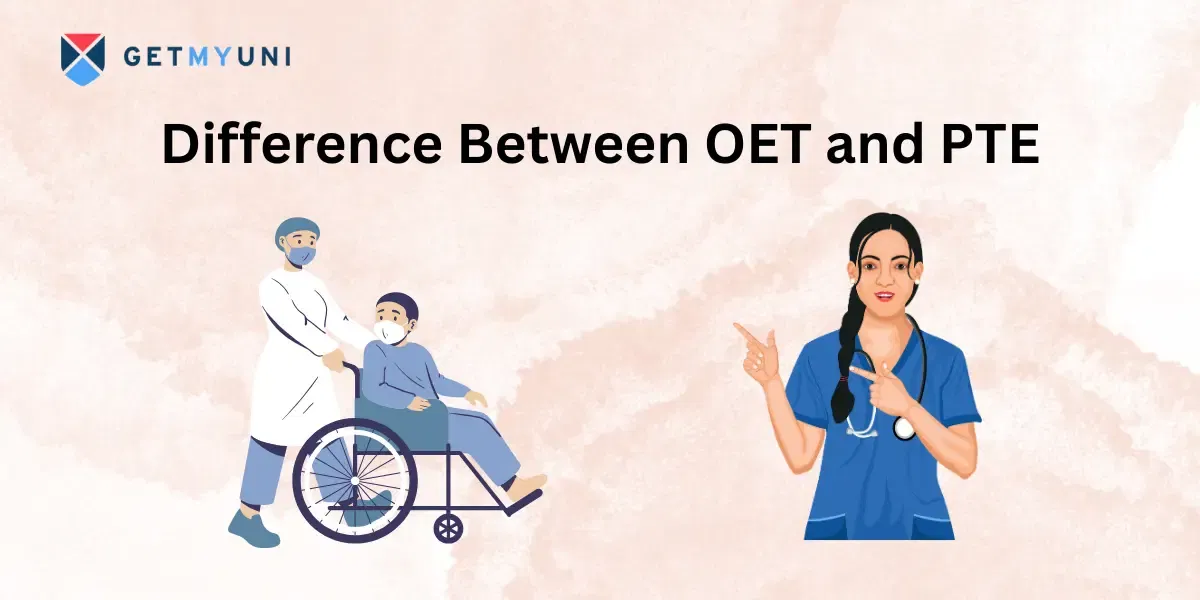

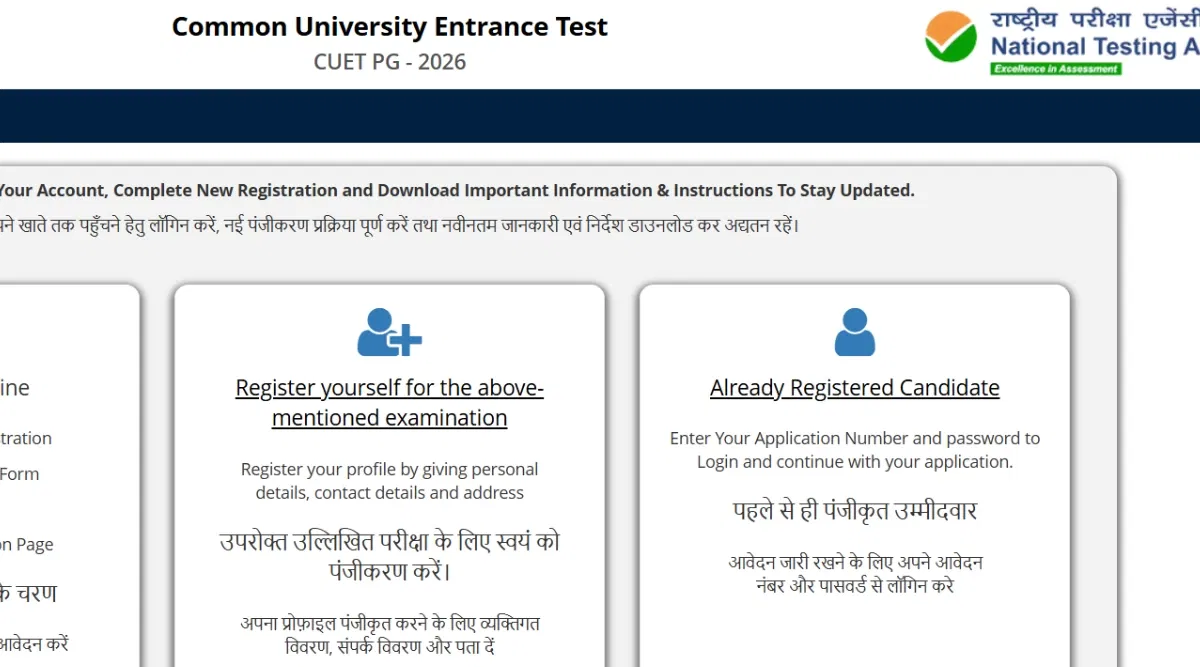
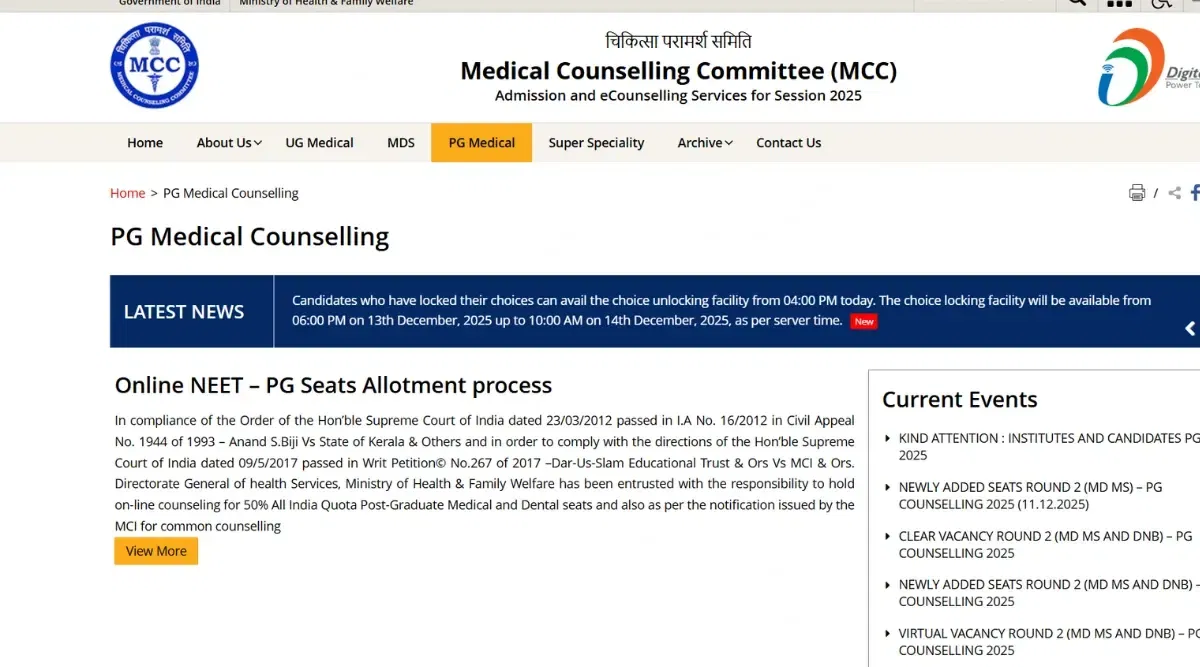


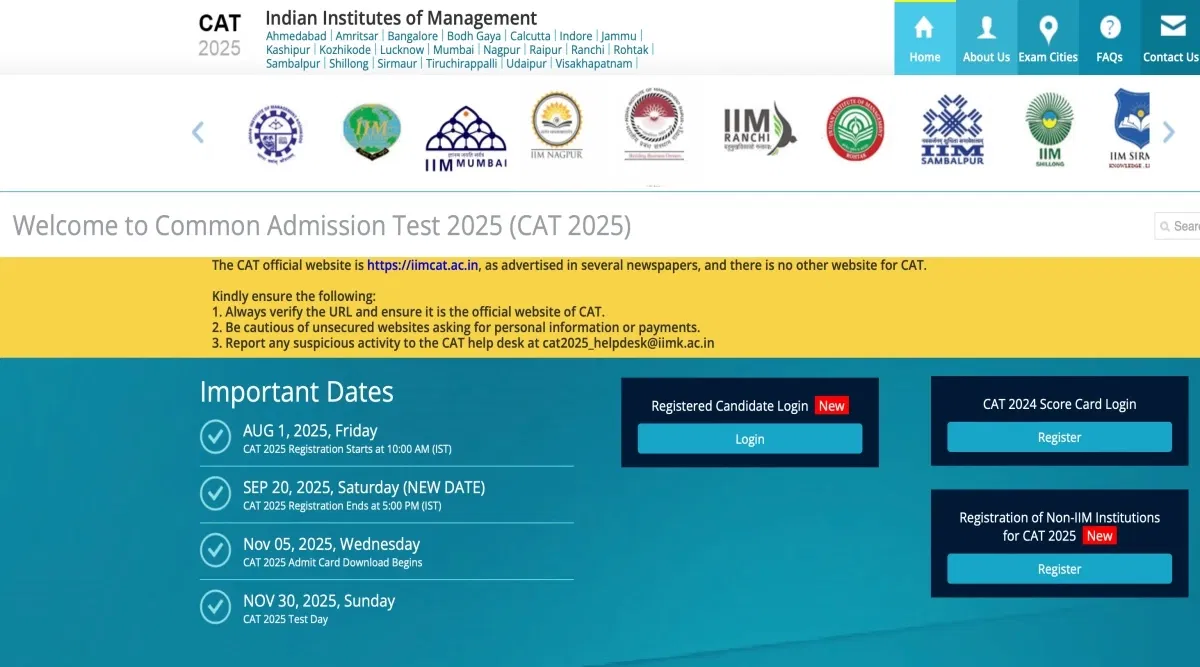




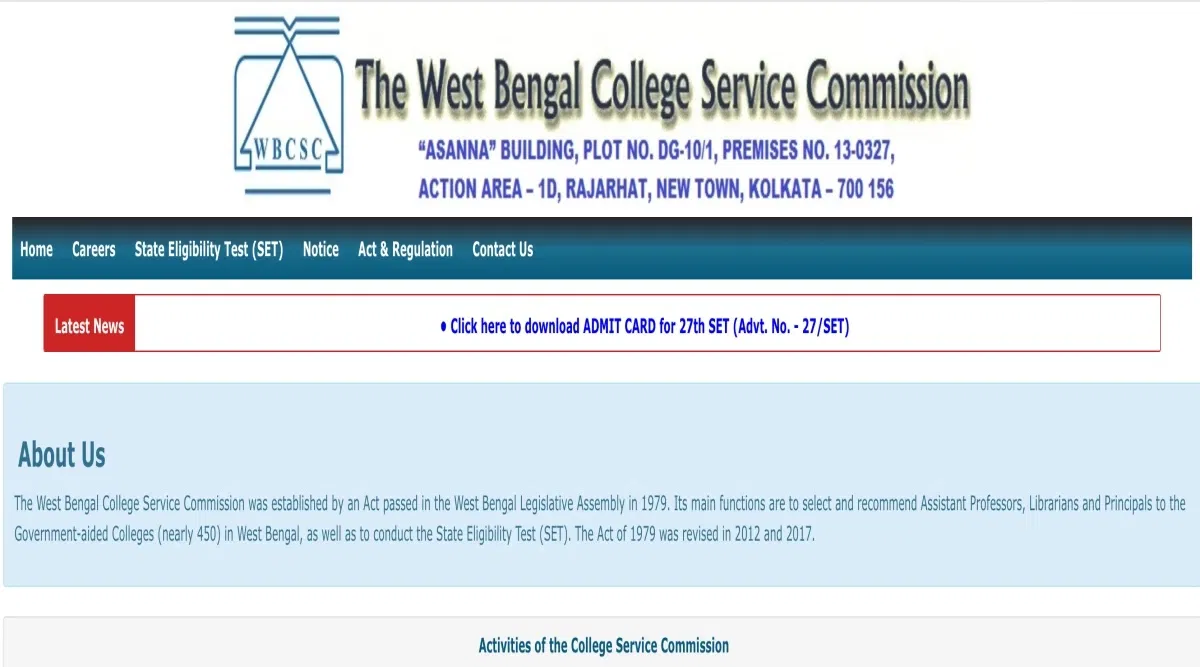

POST YOUR COMMENT